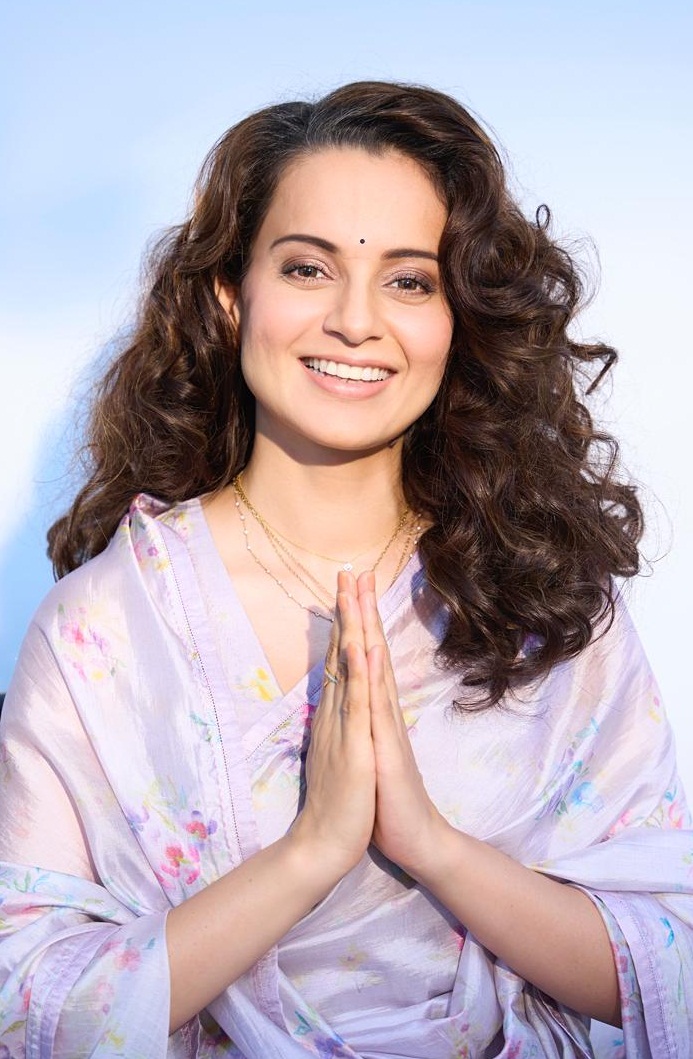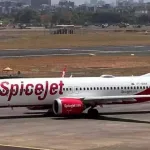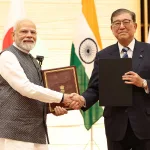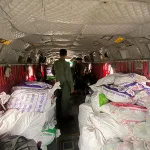The ‘One Nation, One Election’ approved by cabinet is developmental step which would streamline the electoral process in India by holding simultaneous elections for both Lok Sabha (the lower house of Parliament) and State Assemblies across the country. This idea, supported by Prime Minister Narendra Modi, seeks to address several issues associated with the current system where state and national elections occur independently. Under the existing system, Lok Sabha and State Assembly elections are held at different times. This can lead to frequent elections, which disrupt regular government functions and impose high costs on the country. In the 2019 Lok Sabha elections alone, the cost was estimated to be around Rs 60,000 crores. This figure includes the expenses of the Election Commission, political parties, and security forces.
By holding simultaneous elections, the overall cost of organizing and managing these elections can be drastically reduced, freeing up public resources that can be redirected towards development projects and welfare schemes. Conducting elections in a country as vast as India requires immense manpower and logistical planning. Thousands of election officials, polling station staff, and security personnel are needed every time there is an election, whether at the national or state level. “One Nation, One Election” would allow for the efficient use of these resources by ensuring that they are deployed just once for both state and national elections. This will prevent the repeated mobilization of resources and reduce the strain on personnel and infrastructure. Elections often disrupt the normal functioning of governments.
During election campaigns, ministers and government officials are involved in electoral activities which slow down administrative processes and decision-making. When elections are held frequently, this disruption happens more often and affects governance at both the state and national levels. So, holding elections simultaneously will reduce these interruptions and will allow governments to focus on their primary responsibility: governing effectively. Every election in India requires a large-scale deployment of security personnel to ensure that the voting process is peaceful and free from violence. This often means pulling police forces and paramilitary units away from their regular duties to focus on election security.
By Conducting one election for both the Lok Sabha and State assemblies at the same time would reduce the need for multiple rounds of security deployment and will ease the burden on the forces on maintaining law and order across the country. Holding elections too frequently leads to voter fatigue, where citizens lose interest in participating in the democratic process. As a result, voter turnout may decrease in successive elections. With “One Nation, One Election,” voters will only need to go to the polls once every five years to elect both their state and national representatives. This consolidation of elections would boost voter turnout, as people may be more inclined to participate when they have to vote only once.
Elections in India are long and tiring processes, not just for political parties and candidates, but also for the electorate. The constant cycle of elections, whether for the Lok Sabha or state assemblies, can lead to voter fatigue. Holding elections simultaneously will reduce this fatigue, as voters will only need to engage in the electoral process once every five years. This can lead to a more enthusiastic and engaged electorate. One of the advantages of simultaneous elections is the uniformity it brings to the electoral process across the country. Currently, different states are on different election schedules, which can create a disjointed approach to governance.
By aligning all elections, India can create a more synchronized system, ensuring that both the central and state governments function on the same timeline. This will lead to better coordination between the state and central governments. Conducting elections in India is a mammoth task that requires meticulous planning and execution by the Election Commission and other government bodies. Organizing multiple elections every few years places an enormous administrative burden on the government. With “One Nation, One Election,” this burden will be significantly reduced as elections will only need to be held once every five years, freeing up government resources for other critical tasks.
The prospect of frequent elections often leads governments to focus on populist measures designed to win votes rather than on governance. Simultaneous elections, by providing a longer gap between elections, will encourage governments to govern more responsibly. With a clear five-year mandate, they will have the opportunity to implement and see through policies that benefit the country in the long term.
A single, simultaneous election for both state and national governments will allow voters to assess the performance of all levels of government in one go. This holistic approach will strengthen India’s democracy by giving voters a clearer understanding of the political landscape and making them more accountable for their voting decisions. It will encourage citizens to take a more comprehensive view of governance rather than focusing only on state or national issues. One of the key problems with separate elections is the possibility of voters giving fragmented mandates—electing one party at the national level and a different party at the state level. When elections are held together, voters have the opportunity to evaluate the performance of both the state and central governments at the same time. This will increase accountability, as both levels of government will have to answer to the electorate for their performance over the last five years. It creates a more direct and comprehensive accountability mechanism.
The Election Commission of India faces enormous challenges in managing elections, particularly when they are staggered across different states. Conducting all elections simultaneously will streamline the electoral process and will make it easier for the Commission to manage and reduce the chances of errors or logistical issues. A single election across the country will develop a sense of unity among the electorate, as citizens from every state will be participating in the democratic process together. This can help strengthen national integration and promote the idea of India as one cohesive nation, rather than a collection of separate electoral units. Currently, state elections often focus heavily on regional issues, which can lead to the dominance of regional parties at the state level.
“One Nation, One Election” would shift some focus back to national issues, giving voters a broader perspective and reducing the undue influence of regional parties in state elections. Governments that are constantly preparing for elections tend to focus on short-term goals. By consolidating elections, governments will be free to adopt and implement long-term policies and programs that benefit the country as a whole. Schools and government buildings are often used as polling stations during elections which causes disruptions in education and public services. Frequent elections mean that these disruptions happen regularly. A single election would minimize these disruptions, ensuring that schools and public offices are not frequently closed for polling.
The Cabinet’s approval of ‘One Nation, One Election’ is a great step towards making elections in India more efficient and better organized. Prime Minister Shri Narendra Modi’s idea to hold national and state elections together, which can save money, reduce the number of elections, and allow the government to focus on development, is a great initiative towards simplifying the electoral process and improving governance efficiency in India. It will also make it easier for people to vote, as they will only need to go to the polls once every five years. This plan can lead to better governance, stronger coordination between the central and state governments, and a more united country.
(Author is Indian Actress and Member of Parliament, Lok Sabha, Mandi Constituency)









Excellent iq level
God bless u 🫡